
My usual blogging direction is toward the ebook author and the self-publishing world. With this blog I take a left turn and explore the Amazon Library Lending Process and how it affects the ebook ecosystem.
The Jungle
The Inhabitants
In the ebook jungle, the traditional publishers are indeed the king of beasts. They control the prices and the access to the ebooks. Even the authors who create the content have little say. If publishers don’t want you to borrow one of their titles, you can’t. If they want you to wait for a title, you wait.
The next level of control is Amazon. They play the leopard’s role in this habitat. No matter how you look at the lending program, all paths out lead to their sales pages. I don’t see them changing their spots, ever.
Then there is Overdrive. They are the facilitator in this process. They feed you directly into the lion’s den.
The hunters in this jungle are the readers. They get to borrow what is put on the table. It is not their choice what is available. The decisions are made by the control groups.
The Problems
For something that was highly sought, library ebook lending has some major problems. I guess we thought that the ebook library process would mirror the decades-old tradition of libraries and their lending practices. You know the days when the library purchased a book from any source and placed it on the shelf.
For sure, problems with the new process are swirling around the blogosphere like a down pour in the rain forest. Let’s check in on a couple of the more popular discussions.
Privacy of Information
There is a lot of discussion about Amazon using the library lending process to more accurately profile our wants and habits and using that information to sell more products. I think it is the penalty we have to pay to get a free copy to read. Amazon’s incentive is to get you to buy something but this concept is everywhere? If I am not going to buy a $14.99 ebook, all the marketing in the world is not going to change my mind. There are some great discussions on this topic and I see merit in both sides of the argument. (Check references listed below.)
Of all the bantering and opinions about how to solve the privacy problem, the most absurd is to just pirate the ebook file, put it on the Internet and let everybody share in the free copy. Didn’t this happen in the music business? I wonder if those folks are out of jail yet?
Or I could pay cash for a hardcover book and avoid security cameras.
All I know is when I go to the grocery store and start shopping, I have a list of needs but I am also looking for discounted items I can buy with my shopper’s card. Today I found some hotdogs on sale. Because I am a hotdog kind of guy, I purchased a couple extra packages.
Then I headed to the checkout. I have several alternatives. I can give the checker my shopper’s card, get my discount but give up my personal information and buying habits. Or I can have the checker process my order without my card, lose the discount and save my privacy.
And I have another alternative. I could use the pirates’ method and walk straight out the door, saving my privacy and getting my groceries free.
Checkout limits
This is an old business concept called a ‘click charge’. That is the payment for incremental usage of an item. In the Libraries’ version, the ‘clicks’ or checkouts are paid for in advance.
The ‘click charge’ concept in the digital world was tried in the 1990’s when businesses started converting their paper forms to electronic forms. Several software development companies created e-forms design software to assist companies in the conversion.
Once the process started and the software companies saw how popular digital forms were going to be and how much money businesses were saving on the e-forms, they decided they wanted more than just the money for the design software. They wanted a fee for each form designed. This was called a ‘click charge’. They sold a license for blocks of forms (usually 50 or 100 at a time). Once a company surpassed their block, they had to pay for a new batch.
Companies didn’t go for this very long. They looked for other alternatives. Eventually application software companies added e-forms to their systems. Now e-forms design software, with no extra fee, is everywhere.
By the way, the original e-form design companies are no longer in business. New ideas and competition drove them somewhere else.
Expansion of the Audience
With the low price point of the new Kindles there is a potential of three times as many patrons demanding to checkout ebooks. And it will get worse. In November, there will be a ‘Kindle Fire’ in the jungle. Because of the expanded audience and the way copy access is handled, Nook will take a direct hit on this one. Once free to roam the collections, Nook users will now compete with the Kindle users. This should deeply impact the library budgets, their collections and availability.
A quick look at my libraries’ James Patterson’s collection shows 718 access copies with only 36 copies available or 5 percent. Only one title is available that was published since 2009. With these stats many people move on to something else. They either select something else in the library catalog or because they have their Kindle in their hands, they just buy it. Amazon’s motive, I am sure.
Survival
As long as we have unlimited checkouts, the library must encourage early RETURNS.
The Principle of Maximizing Library Returns states that in the library lending process, returning one book earlier than the loan expiration date, while keeping the titles available constant and with no checkout limit, will at some point yield a monetary return to the library.
Of course, all ebooks will never be checked out at one time but popular ebook titles will almost always create a waiting list. On hold, if you will.
So does the library buy access to more copies of the popular title or do they let their patrons wait for the title to be available? Trust me the wait can be very long.
So what happens when the reader is done with the title and returns it early? The next reader in the hold line has the opportunity to check the ebook out. If this happens often enough, the need for the library to purchase access to another copy of the ebook diminishes.
Let’s take a quick look at one title to illustrate the point.
Don’t Blink x James Patterson
There are Only 4 ebook access copies in my library’s collection.
There are 71 patrons on the waiting list. At the rate of a full 14 day checkout, it will take 248.5 days to meet the demand. If the ebook was returned early, let’s say 5 days, the wait decreases to 88.75 days. (Still a three month wait.)
A better scenario would be to purchase 6 more copies (about $60.00) and encourage early returns. A 5 day return would bring the demand down to a 35 day wait.
Click Charge Strategy
If the publishers elect to impose a checkout limit, then the libraries must modify their strategy. In a way it makes the process simpler. Just buy short and adjust up.
Maybe you could test this now with HarperCollins. Only buy one copy of a title. If you see a hold list developing, buy another. With this strategy at least you won’t get caught holding 10 copies of a title with no activity.
Managing your digital collection will be the key to handling ‘click charges’ and reordering.
I wouldn’t boycott but I would not embrace the limit system either. Just adjust your buying model and limit the bad apples. Libraries do have the final say on which ebooks they purchase access too.
Living in Harmony
So what does this mean to the ebook ecosystem? I do know the natives are getting restless. As new technology and software enter the ecosystem, the pressure on libraries to keep up will grow dramatically.
I believe that ‘Returns’ are a key for libraries to maximize their investment in their collections. The less days an ebook is on loan, the greater the opportunity for the library to not buy access to an additional copy. The patrons need an incentive to return the ebooks early.
In the end we need a new animal in the ecosystem. Competition could solve some of the problems. Whether it comes from Google or 3M or another player we need more choices. Maybe we are looking at Smashwords entering the lending business or Amazon themselves. They have access to the content and their selection should be much greater.
Library access to a source of self-published authors and their works at discounted pricing could help patrons get exposure to new writers and relieve some of the pressure from the Overdrive lending system we are seeing currently.
What are your thoughts?
What can we do to encourage patrons to return ebooks early?
Will libraries have to change the way they manage their collections?
Is the ebook lending privacy issue a major problem or our current way of life?
Will libraries ever be able to purchase a copy of an ebook, place it on their server and have unlimited distribution to their patrons, like they do hardcovers?
References
eBook Authors: Is the New Kindle Library Lending Program a New Opportunity for Self-Publishers? by James Moushon
Publishing Industry Forces OverDrive and Other Library eBook Vendors to Take a Giant Step Back from the blog Librarian by Day by Bobbi Newman
Libraries Got Screwed by Amazon and Overdrive from the blog Librarian in Black by Sarah Houghton
Lessons For the eBook Industry – Study the E-Forms Industry Beginning by James Moushon
A Helping Hand
I need to thank Brenda Brown from the Chandler, Arizona Public Library. She helped me to be able to ‘see the forest for the trees’. Sometimes I get involved in the details and I don’t see the whole picture.
View my website: HBSystems Publications
Specializing in the ebook experience
Or EMAIL at: jrm@hbspub.com
Or go to my blog: The eBook Author’s Corner
LinkedIn Profile: James Moushon
Author: Call Off The Dogs, a rendered eBook
CIA Agent Jonathon Stone
discovers another shooter in
the Kennedy Assassination
Get an Editorial Review | Get Amazon Sales & Reviews | Get Edited | Get Beta Readers | Enter the SPR Book Awards | Other Marketing Services


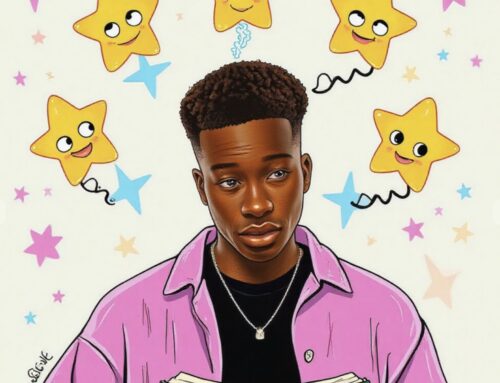
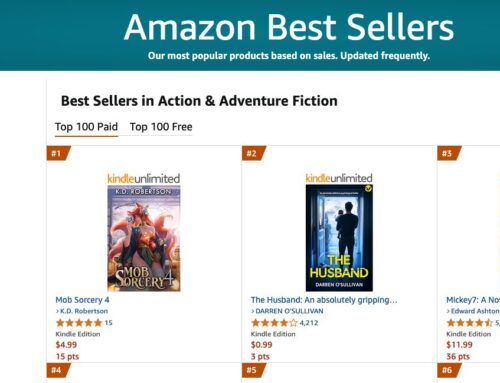
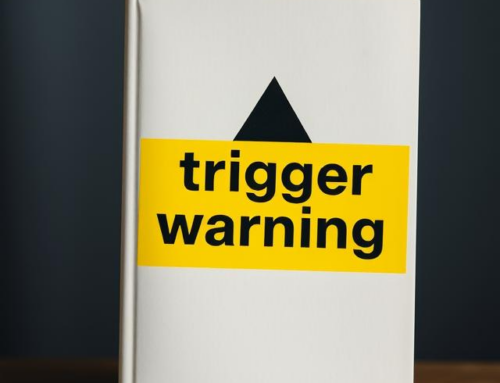

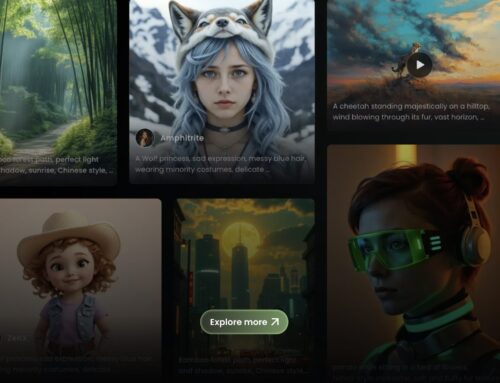

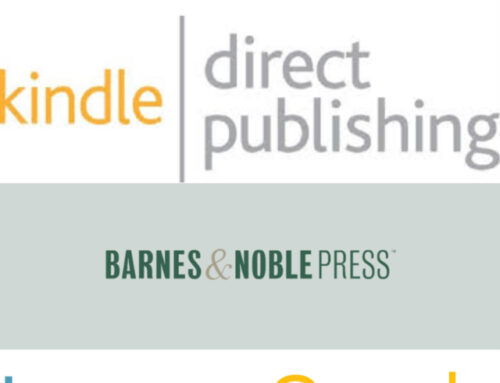
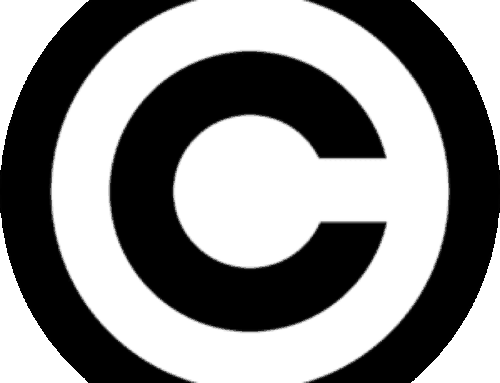












James, most independent authors should welcome libraries making their ebooks available to as many readers as they can. I’d be willing to give my ebook away free to every library that wanted it. (Reading your post, I actually laughed out loud at one point. It would be great fun to see you “walk straight out the door” without paying for your hotdogs!)
Ron:
Thanks for your comment. You bring up a very good idea. Not about the hotdogs but about independent authors wanting/needing publicity. What would happen if a consortium of ebook authors and self-publishers united, offered libraries FREE copies of their ebook for a limited number of copies to gain access and exposure to the vast library system. (over 11,000 libraries)
At the end of the limit of free copies, the library could drop the book or purchase a copy for their patrons.
I believe this would be more productive than a sample. It could open up a new audience for authors.
I bet libraries would go for that if it was put together correctly.
James, the “good idea” is yours, and I think it could be a great one. Libraries would have nothing to lose. Their readers, for whom they exist, would vote with their reading eyes for what the libraries would buy.
Would it take much for a small group of people to set up a website performing the service you describe, to which every independent writer would soon flock? Could SPR or the Association of Independent Authors do it?
Whoever does it could charge a lot for the ad space on the site. Am I right in assuming there must be at least a million of us writing in the English language alone?
Maybe in the future libraries will lend ereaders to their readers who wish to check out their ebooks. This might have the added benefit of reducing the need for bricks-and-mortar libraries and their long, long shelves of dead-tree books most of their readers will never wish to blow the dust off, let alone read.
This is an interesting post and I don’t know how to say this without sound rude, but its clear you don’t understand who libraries work, either how they decide to purchase items or the cost of them. For example “A better scenario would be to purchase 6 more copies (about $60.00)” You should probably triple that amount. Publishers decide how much libraries pay for an ebook and it isn’t the shelf price.
The privacy issue is much different than you paint it as well. You need to insert two more parties into your hot dog scenario to make it accurately reflect the current relationship between Libraries, OverDrive, Amazon and the public.
Bobbi:
Thanks for your comment. I do not have a wealth of knowledge about libraries and their business practices. I have tried to get information about the buying practices and the investment in collections and either the person I interviewed didn’t know the answers or didn’t want to tell me.
However I do know the other side of the matrix: Self-Publishing, Authors visibility, the COST side of the creation of ebooks and the control of the process by traditional publishers.
I bet it would be interesting to be a fly on the wall when “they decide to purchase items” to see how the issues of the increase in the volume of checkouts and the patrons waiting list are handled.
Your note “probably triple that amount” is interesting. I wish I would have known that before I wrote the blog. That triples the reasons why libraries should promote ‘early RETURNS’ with their patrons.
I must admit that my main concern is not privacy but the control of Library access to ebooks by publishers and Overdrive. if there is not a profit to made, the title will not appear.